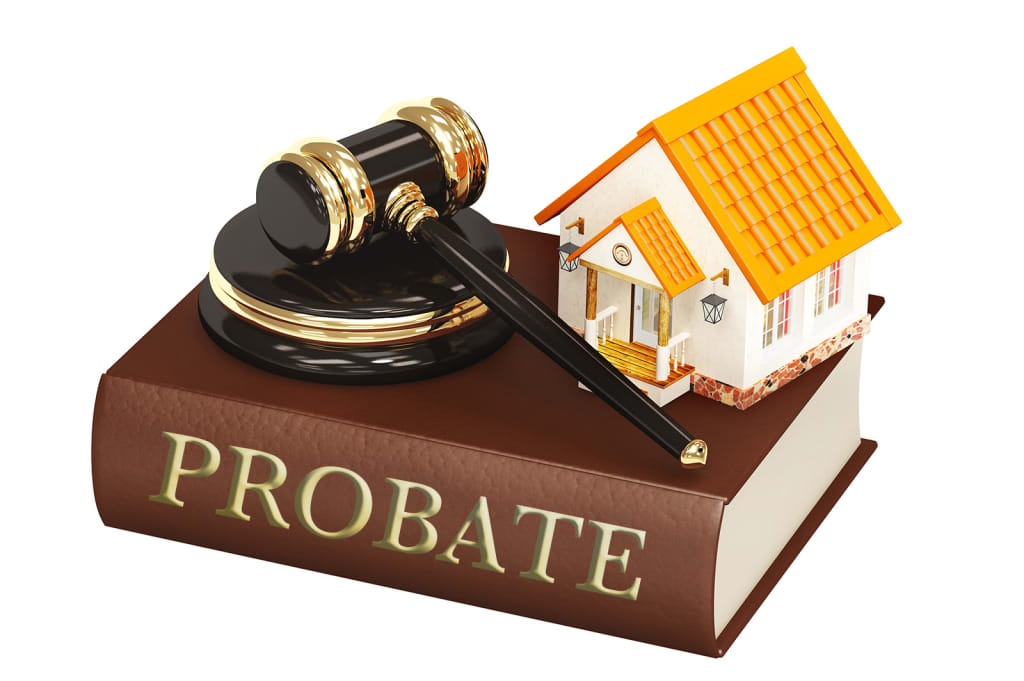Probate Who Gets Paid First?
The taxes, creditors, and other bills of the deceased are paid before the beneficiaries receive any distribution.

When your loved one passes away, you have many questions about how their assets will be distributed.
For example: who gets paid first? What are the tax and probate costs associated with an estate? Will creditors be paid before those who have outstanding debts to the deceased? And what about funeral expenses and other bills?
In some cases, these questions may be complicated but in others, they can be easily answered by understanding how probate works:
- Estate Tax: The estate tax is paid by the person who inherits the property. In most cases, this is your spouse or domestic partner (if you were married). If you die without a will and leave no one to inherit from you with the new law in place, then any assets that are not specifically mentioned in your Will will be subject to estate taxes.
- Income Tax: Income taxes are paid on all income received by an individual during their lifetime—even if it was received before death! You can also choose to report some types of money as income at different times during life; for example, social security benefits may be reported as "social security" income while they're still going out but not yet collected by Social Security Administration (SSA).
- Creditors: The first person to be paid is the creditor. Creditors are those people who have a legal claim against you. Such as credit card companies and banks.
Next in line are taxes owed to the decedent's estate, funeral expenses, and debts owed by the decedent while alive (such as a mortgage). Finally, beneficiaries receive any remaining assets after all other creditors have been paid.
- Debt To Decedent: Debts owed by the decedent and debts owed to the decedent are treated differently. The first type of debt is a personal, non-business debt that's owed to someone other than the estate. The second type of debt is a business indebtedness that's owed directly to your estate for services rendered or goods purchased on behalf of your estates, such as an office rent payment or medical bill.
- Funeral Expenses: Funeral expenses are paid first. This includes burial, cremation, memorial or headstone, and other funeral services.
Funeral expenses are usually paid from the estate when there is a Will or Estate Plan that provides for this.
If there is no Will, burial rights will be determined by state law and may not cover all costs of a funeral including burial plot location and monument costs if applicable.
- Probate Costs And Attorney Fees: Probate costs and attorney fees are paid from the estate. The beneficiaries will be charged for them, but it's not a flat fee. It depends on how much money is in the estate and whether or not there are any debts left behind. Some attorneys may charge up to 10% of their client's assets as their fee for handling probate work. But this is uncommon.
The taxes, creditors, and other bills of the deceased are paid before the beneficiaries receive any distribution.
When you die, the government will send a notice to your beneficiaries.
The notice will tell them that they may have a claim against your estate.
A beneficiary is someone who has an interest in property left by someone other than their spouse or partner, such as children from another relationship (stepchildren).
In most cases, when a person dies without leaving any heirs then their assets can be passed on to people who are related through blood or marriage agreement.
However, if there is no such relationship then those with rights under intestacy laws become the next-of-kin of such deceased person and inherit his/her property according to what he/she would have wanted to be done with it, if still alive today.
Smith Clea is a USA-based author on Legal issues related to estate planning, will & trust, business law, and elder law. Smith Clea does her best writing on these topics that help users to find the best solutions to their FAQ on estate planning, probate, living wills and trusts, and more about legal family issues. The author can be reached at https://rochesterlawcenter.com






Comments
There are no comments for this story
Be the first to respond and start the conversation.